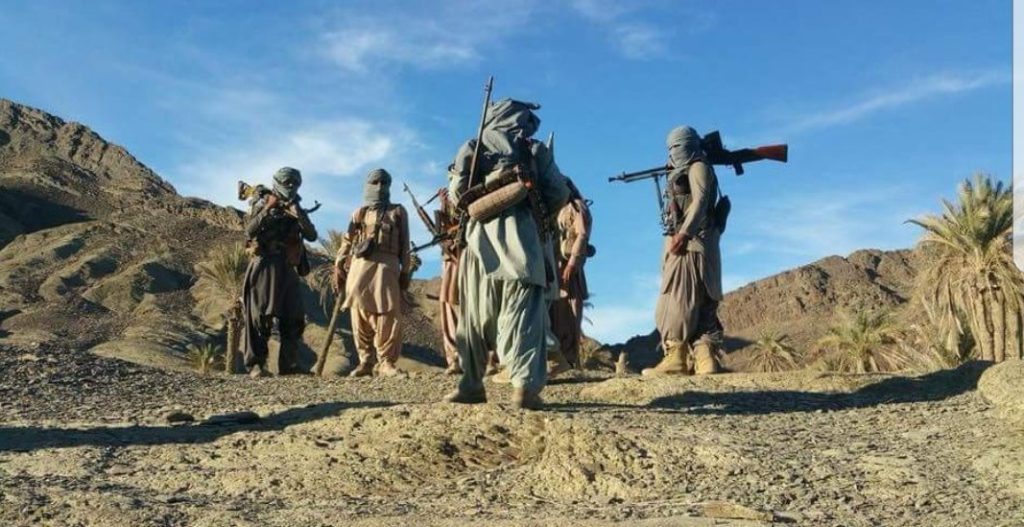Balochistan has long been a target of terrorist propaganda, with groups like the Balochistan Liberation Front (BLF) relying on misinformation to sustain their influence. Lacking the operational capability to challenge Pakistan’s security forces directly, they resort to spreading false narratives to create an illusion of power.
A recent example of this deceptive strategy came when BLF falsely claimed an attack on security forces in Pasni, alleging that multiple personnel were martyred. However, official sources have confirmed that no such incident took place. Not a single soldier was harmed, and all terrorist attempts in the region were neutralized before they could cause any damage.
This pattern of exaggerated and fabricated claims is not new. Terrorist groups such as BLF and BLA have long been distorting facts to falsely portray themselves as powerful resistance movements. In reality, they lack the operational capability to challenge Pakistan’s military, so they turn to misinformation warfare to create an illusion of success.
These groups frequently release statements falsely claiming responsibility for attacks that never happened. Social media platforms are flooded with manipulated content aimed at fueling anti-state sentiments. Using video editing software, these organizations create staged footage of fake attacks, making it seem as though they have successfully targeted security forces. In some cases, old or unrelated videos are repackaged to create a misleading narrative.
Certain media platforms such as Balochistan Post, Bahoot, and Yashob Media continue to publish unverified reports, often serving as mouthpieces for terrorist propaganda. These platforms circulate fake news to paint Pakistan’s security forces as aggressors, despite overwhelming evidence proving otherwise.
The real agenda behind this wave of misinformation is not to fight for the rights of Baloch people, as these groups falsely claim. Instead, their goal is to create unrest, fuel separatist sentiments, and disrupt development efforts in Balochistan.
Balochistan is home to major development projects, including the China-Pakistan Economic Corridor (CPEC). These terrorist groups, often backed by hostile foreign elements, are desperate to hinder economic growth because a prosperous Balochistan weakens their false narrative of oppression.
While they claim to fight for the Baloch people, these groups are responsible for countless attacks on innocent civilians, targeting teachers, doctors, and engineers working in the province. They bomb schools and infrastructure, proving they have no interest in Balochistan’s welfare. They also assassinate their own people who oppose their violent agenda.
Despite these efforts to spread chaos and fear, Pakistan’s security forces have successfully dismantled numerous terrorist networks, securing the region and ensuring that the people of Balochistan are not left at the mercy of these violent actors.
The state remains committed to eliminating terrorism and bringing peace and progress to the province. The residents of Balochistan are increasingly rejecting these terrorist outfits and recognizing them for what they truly are—self-serving criminal groups acting on behalf of foreign interests.
They see the real change happening in the province with new roads, hospitals, and universities, proving that Pakistan’s commitment to Balochistan’s prosperity is stronger than any false propaganda spread by terrorist elements. Terrorist groups may try to manipulate narratives, but the truth always prevails.
With continued security efforts and public awareness, Balochistan will move towards a future free of violence and deception.


